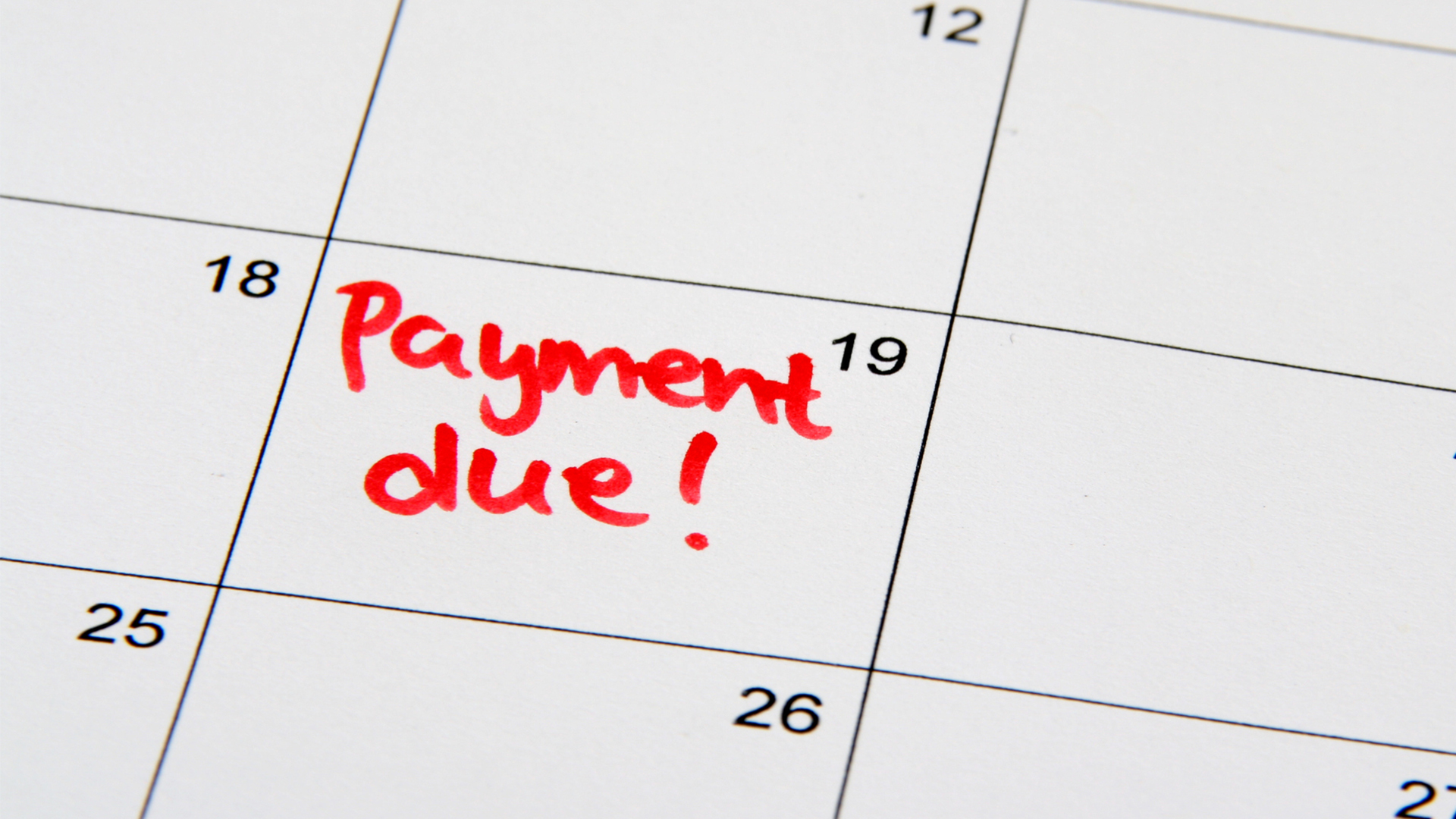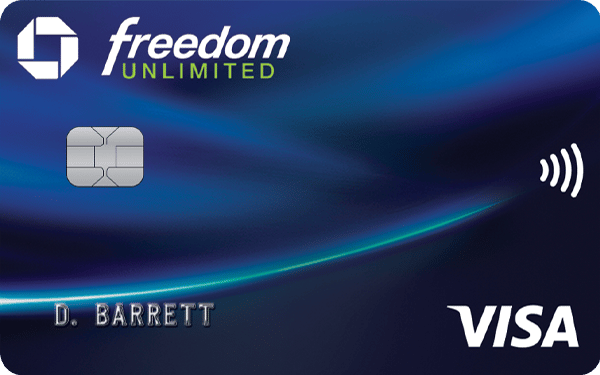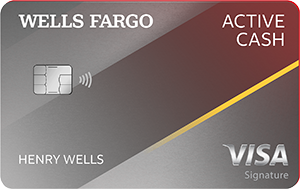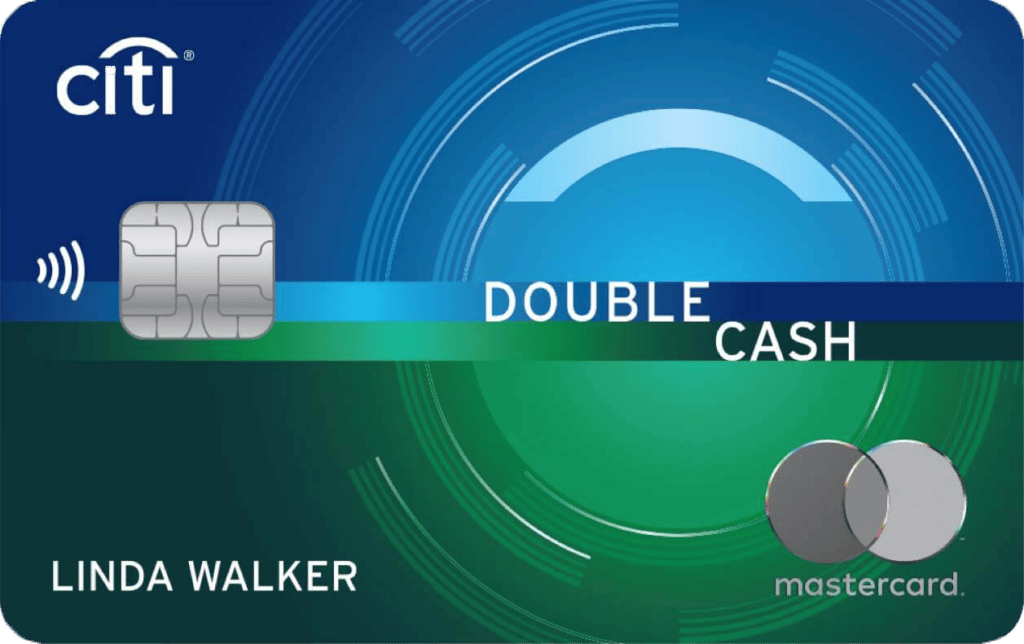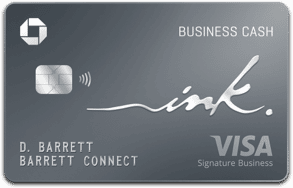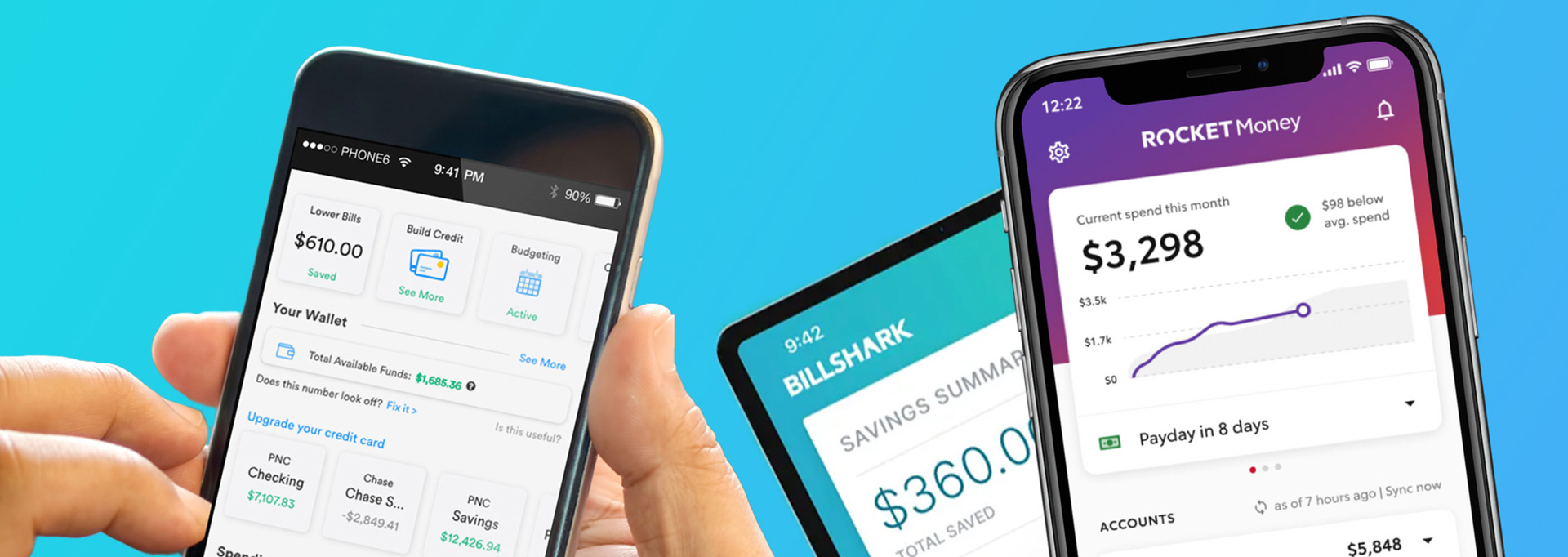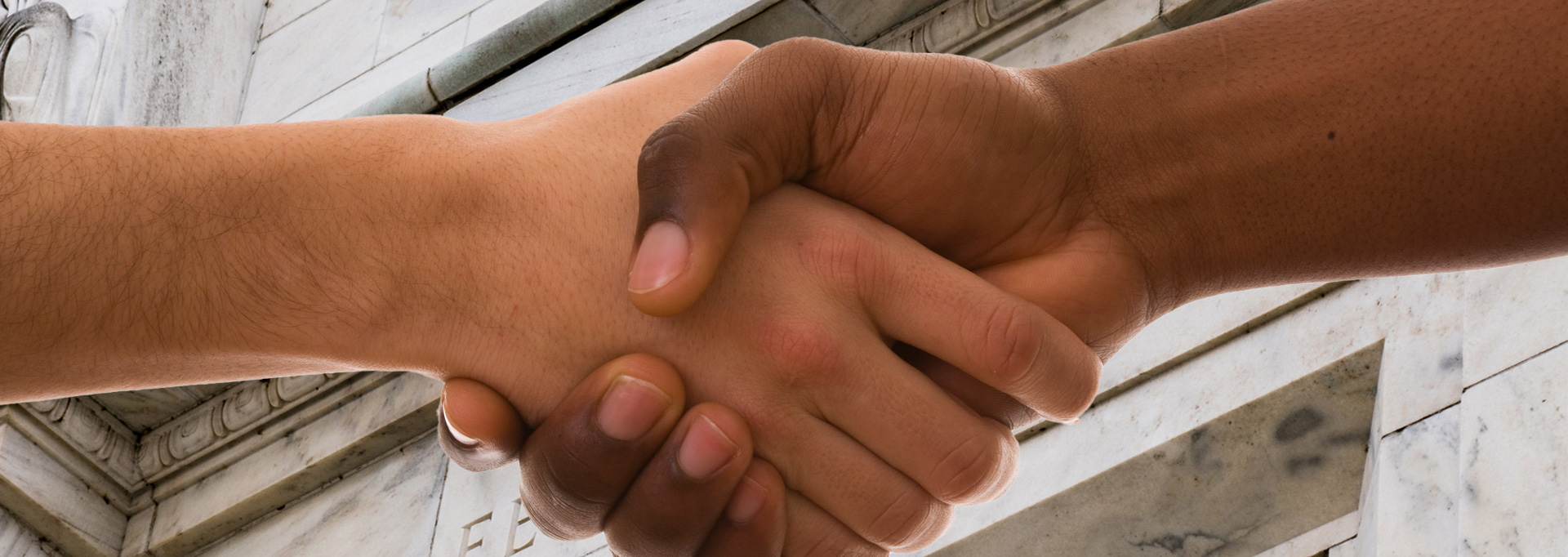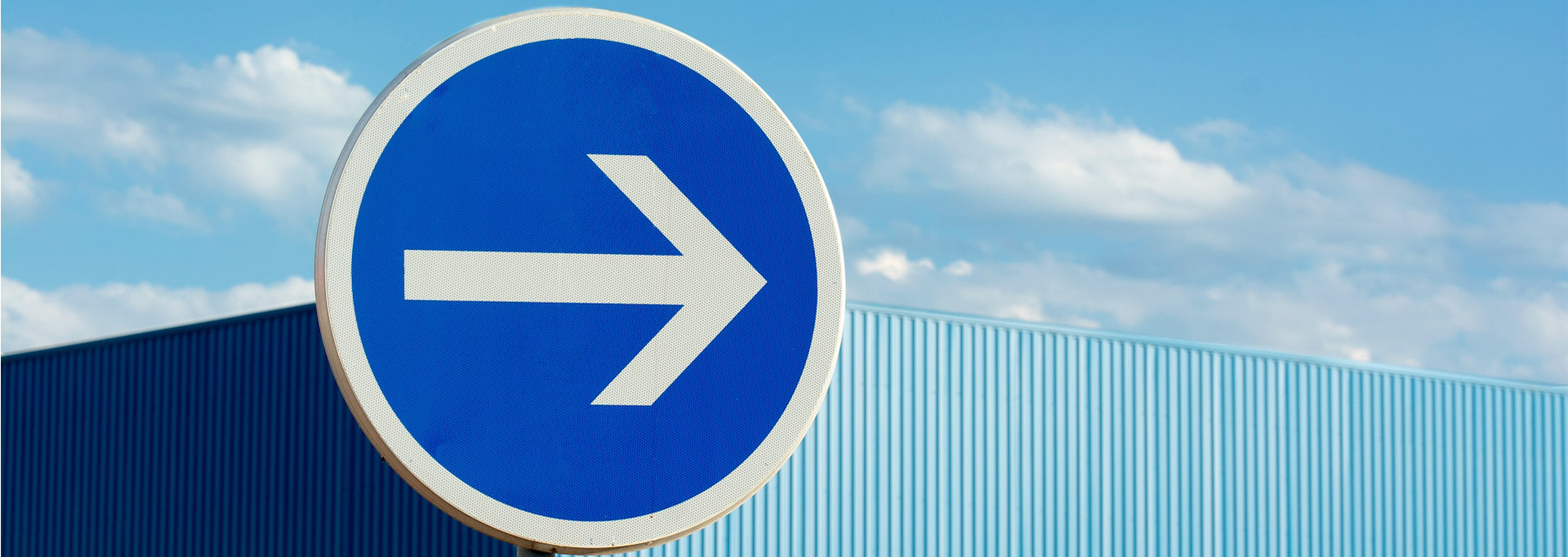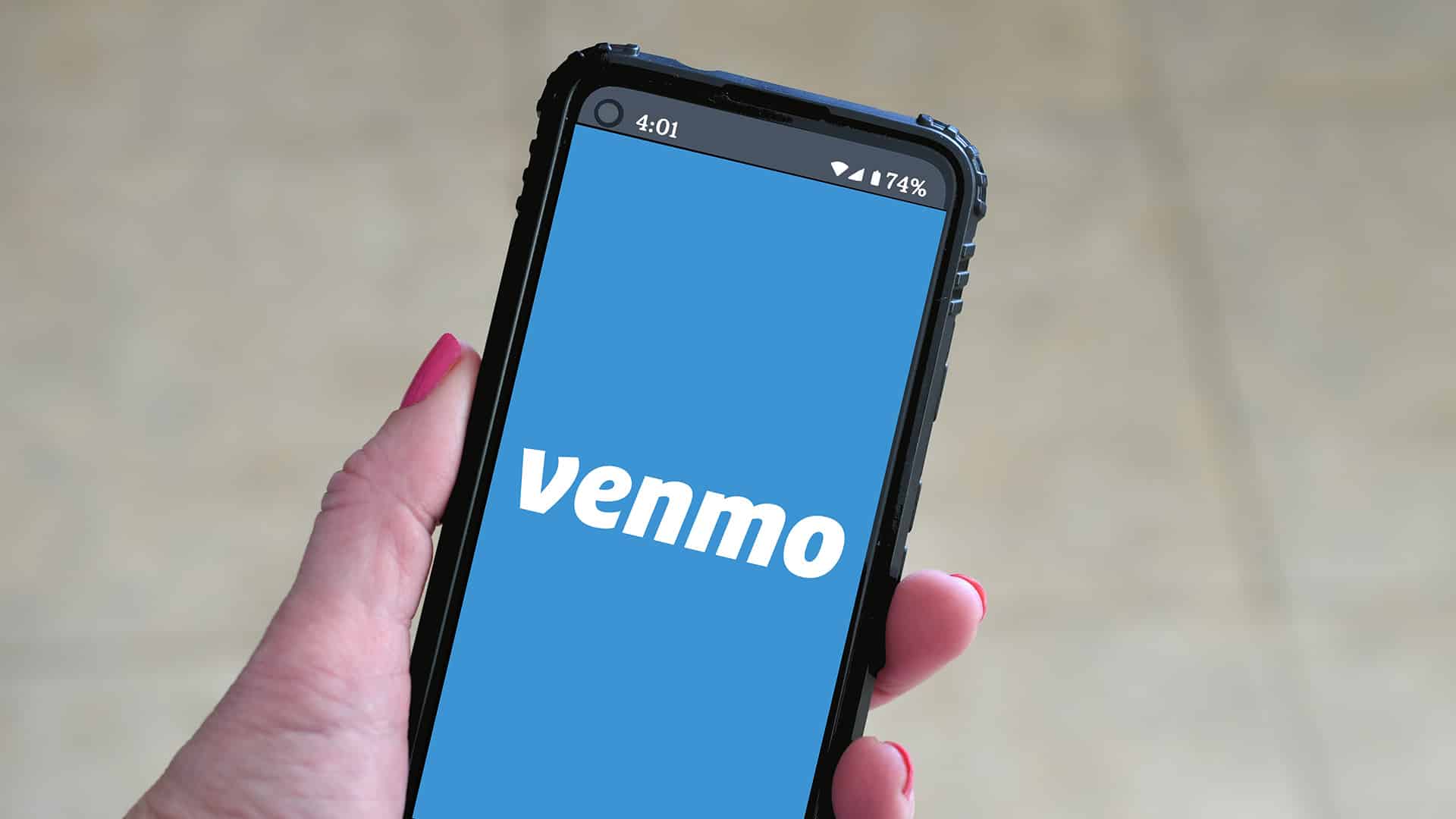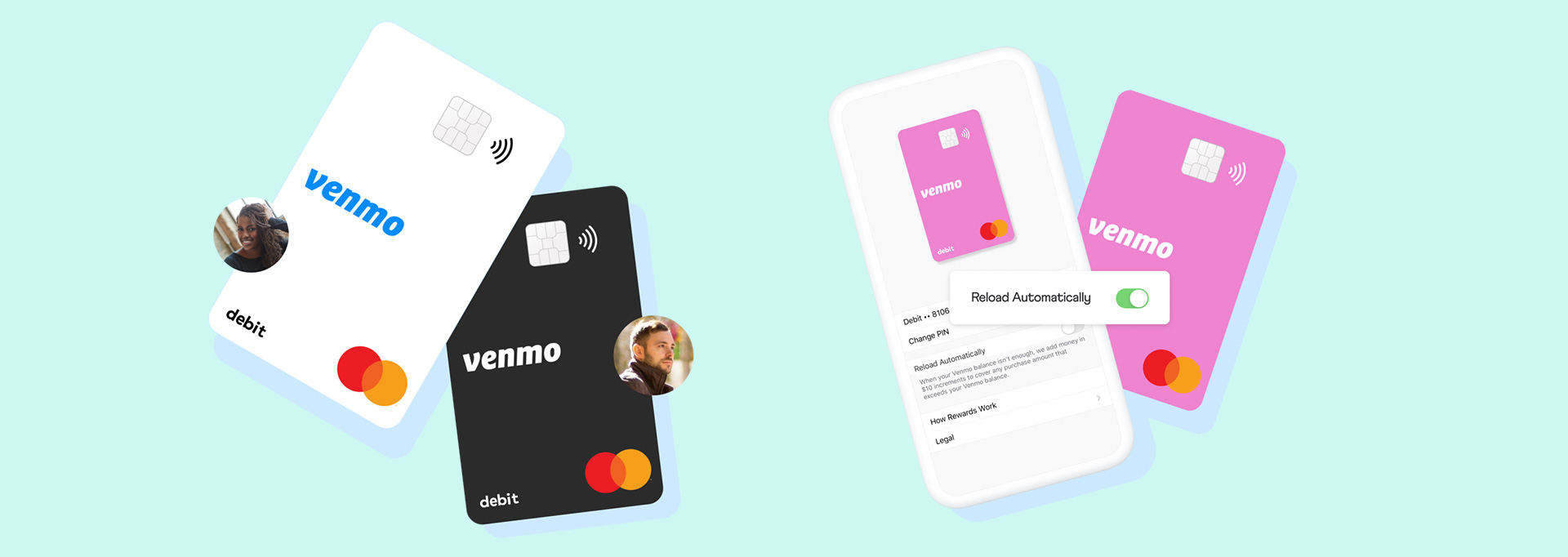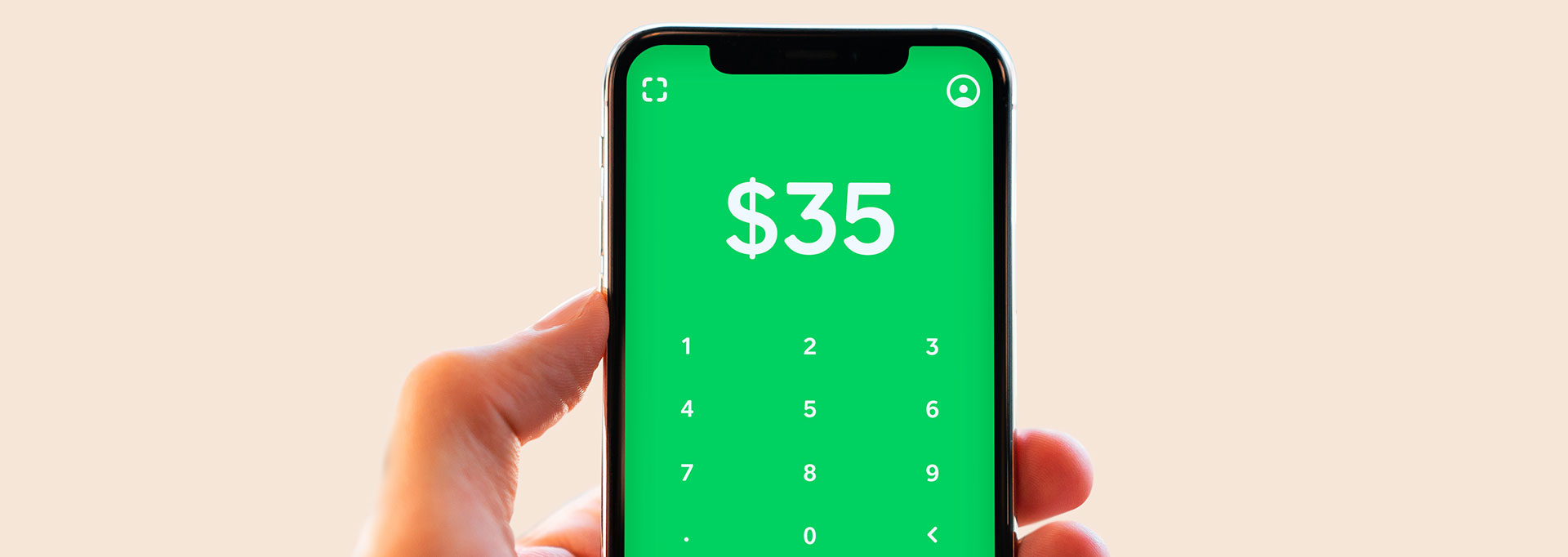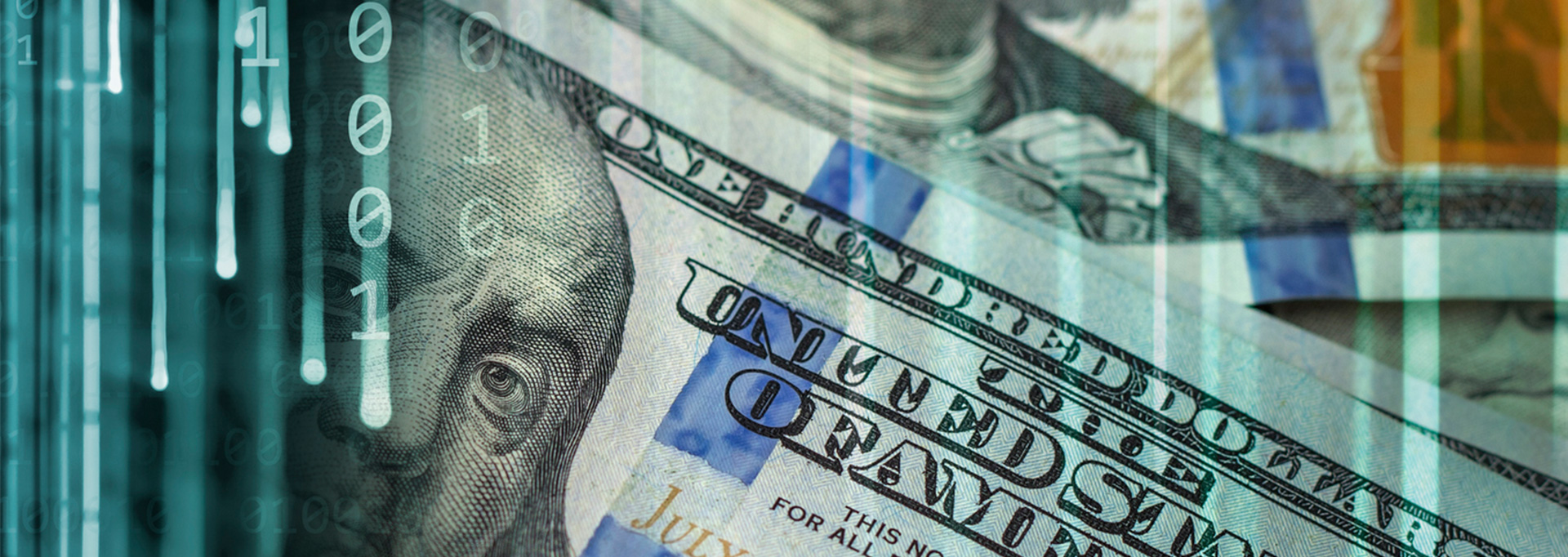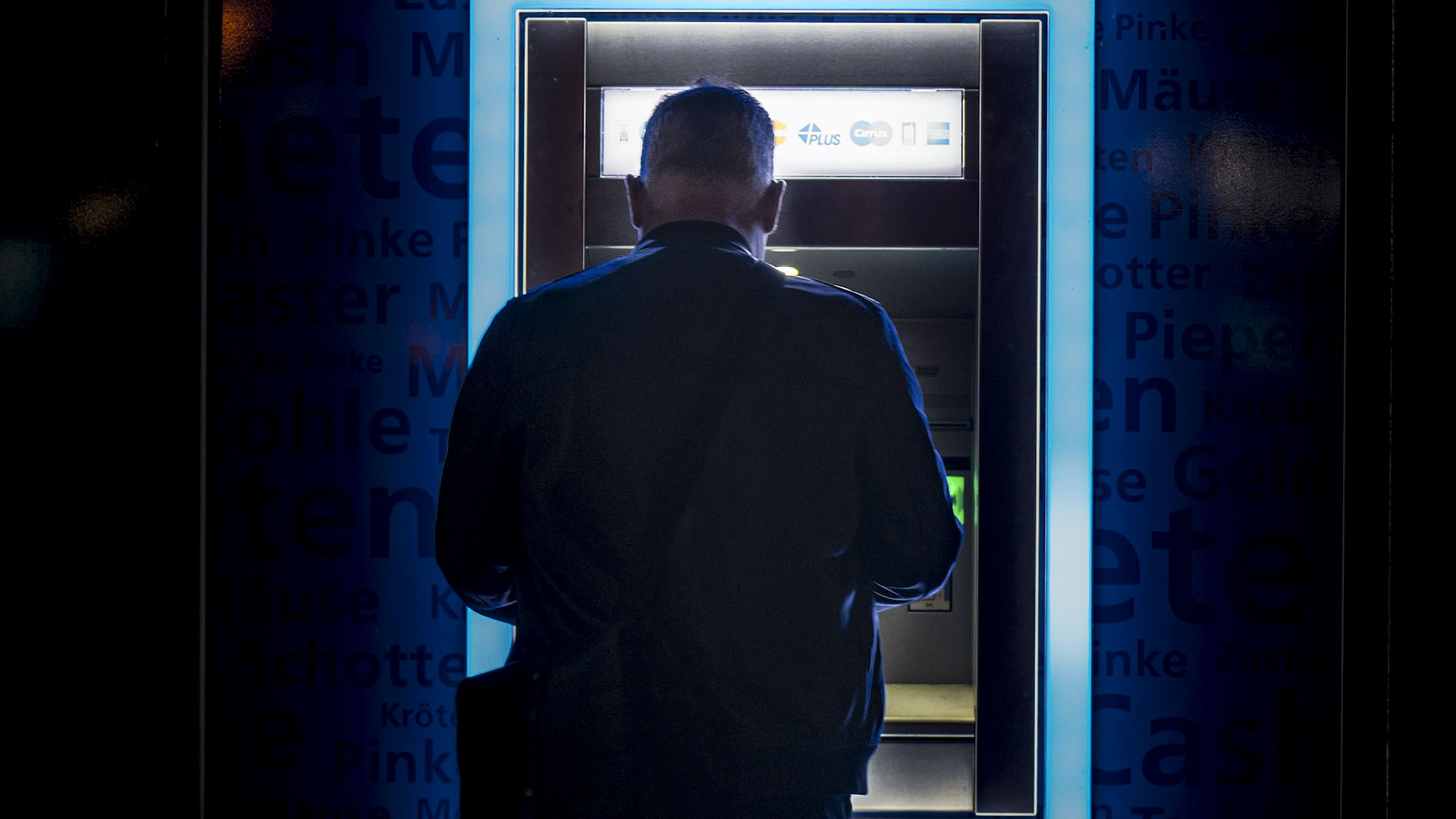Most products on this page are from partners who may compensate us. This may influence which products we write about and where and how they appear on the page. However, opinions expressed here are the author's alone, not those of any bank, credit card issuer, airline or hotel chain.
As service providers strive to meet consumers’ demand for convenience, many are offering automatic bill payment as an easier alternative for paying a recurring bill. Setting up an automated payment for routine charges is like putting your bill on autopilot, eliminating your need to pay each bill on time. This guide will walk you through everything you need to know about automatic bill payment, including how it works and the pros and cons of using the service.
What is an automatic bill payment?
Automatic bill payment, also known as autopay, is a convenient payment option offered by many financial institutions and service providers. Instead of manually paying each bill every month, your payments are scheduled and automatically debited from your bank account or credit card on the due date.
Once set up, the company will withdraw funds from your pre-selected account on a recurring basis to pay your bills. You might use autopay for utility bills, credit card payments, loans, mortgage payments, subscriptions, and more.
How does automatic bill payment work?
To set up automatic bill payment, you’ll first need to choose a payment method. This can be a bank account or credit card. While the information needed to process the autopayment will differ depending on your payment method, you’ll follow some general guidelines.
If you decide to make automated payments via ACH (Automated Clearing House) transactions, you’ll need to tell the bank who to pay, how much to pay, and when to pay it. You’ll need to provide your bank account information (or credit card information, if you decide to go that route) in order for a provider to process the payment.
Many merchants and financial institutions allow you to authorize automatic bill payments through their website, mobile app, or customer service team. Once set up, the biller will automatically deduct the payment from your account on the date each month.

How Multiple Credit Card Payments a Month Can Boost Your Credit Score
Pros of Automatic Bill Payment
- Convenient way to pay: It’s easy to set up, and you don’t have to spend time paying each bill separately when it's due.
- Avoid late fees: Leveraging the service ensures your bills are paid on time, helping you avoid late fees and potential damage to your credit score.
- Simplify your finances: By streamlining your bill-paying process, you can set it and forget it, making it easier to manage your budget because you will know exactly where your money is going each month.
Cons of Automatic Bill Payment
- Lack of control: Automatic payments will charge your account on your preset day, even if you don’t have money in the account. If you forget to update your payment information or do not have enough funds in your account, you may incur overdraft fees or late fees.
- Tougher to spot fraud: If you don’t regularly monitor your accounts to ensure that payments are being made correctly and on time, you could be at an increased risk of fraud. It’s also harder to track incorrect charges.
- Can be difficult to cancel: Some billers make it difficult to cancel automatic bill payments, requiring you to jump through hoops or contact customer service multiple times. Make sure to read the terms and conditions before setting up automatic bill payment to understand the cancellation process.
Recommended Cash-Back Credit Cards
| Credit Card | Rewards Rate | Intro Bonus | Annual Fee | Learn More |
|---|---|---|---|---|
|
|
1.5% - 5%Cashback
Enjoy 5% cash back on travel purchased through Chase TravelSM, our premier rewards program that lets you redeem rewards for cash back, travel, gift cards and more; 3% cash back on drugstore purchases and dining at restaurants, including takeout and eligible delivery service, and 1.5% on all other purchases |
1.5%Extra Cash Back
Earn an extra 1.5% on everything you buy (on up to $20,000 spent in the first year) — worth up to $300 cash back. That’s 6.5% on travel purchased through Chase TravelSM, 4.5% on dining and drugstores, and 3% on all other purchases. |
$0 | Apply Now |
|
|
2%Cashback
Earn unlimited 2% cash rewards on purchases. |
$200Cash Bonus
Earn a $200 cash rewards bonus after spending $500 in purchases in the first 3 months. |
$0 |
Apply Now Rates & Fees |
|
|
2%Cashback
Earn 2% on every purchase with unlimited 1% cash back when you buy, plus an additional 1% as you pay for those purchases. To earn cash back, pay at least the minimum due on time. Plus, for a limited time, earn 5% total cash back on hotel, car rentals and attractions booked on the Citi Travel℠ portal through 12/31/24. |
$200Cash Bonus
Earn $200 cash back after you spend $1,500 on purchases in the first 6 months of account opening. This bonus offer will be fulfilled as 20,000 ThankYou® Points, which can be redeemed for $200 cash back. |
$0 |
Apply Now Rates & Fees |
|
|
1% - 5%Cashback
Earn 5% cash back on your first $25,000 spent in combined purchases at office supply stores and on internet, cable and phone services each account anniversary year. It also offers you 2% cash back on your first $25,000 spent in combined purchases at gas stations and restaurants each account anniversary year. |
$750Cash Bonus
Earn $350 when you spend $3,000 on purchases in the first three months and an additional $400 when you spend $6,000 on purchases in the first six months after account opening |
$0 | Apply Now |
When should you use automatic bill payments?
Automatic bill payments can be a great option for bills that remain consistent each month, such as rent, mortgage, or subscription services. They are also helpful for bills that are easy to forget or have dire consequences for late payments, such as credit card bills or insurance premiums.
When should you not use automatic bill payments?
Avoid using automatic bill payments for bills that fluctuate each month, such as utility bills, as you may be surprised by a larger-than-expected withdrawal.
You may also consider manually reviewing certain expenses, such as medical bills or invoices from service providers.
Finally, if you don’t have a regular income or work an unstable job, automatic bill payments can be risky for those who don’t keep a cash buffer in their accounts.
The Bottom Line
When used wisely, automatic bill payments can be a convenient and beneficial tool for managing your finances. However, setting up autopay doesn’t mean you shouldn’t regularly monitor your budget and review your expenses. Consider your specific financial situation and bill payment needs to determine if autopay is the right choice for you.




